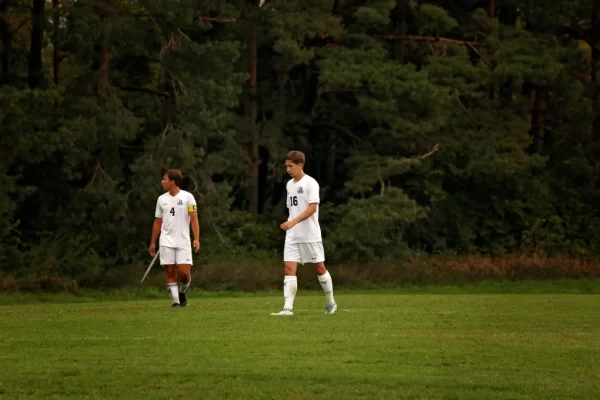Update The Classics
November 23, 2019
Sense and Sensibility, The Taming of the Shrew, Jane Eyre, Pride and Prejudice. These are some examples of what is considered “classic” English Literature. Yet with their dated dialect and plotlines, how do these books fit into all female classes at a school designed to empower young women? How do they fit in the era of #MeToo? Just because they are “classics,” shouldn’t their message be considered as well?
My class has begun reading Jane Austen’s Pride and Prejudice, and I have not been impressed. The text is hard to comprehend and the plot is very shallow. The novel takes place in the early 1800s, when women had few rights and could only hope to marry rich. There is no story of rebellion or a refusal to conform to norms, as one often reads in contemporary female authors’ work. In Jane Austen’s telling, all of the female characters in the story “save the day” by getting married to rich powerful men. What is the message for a class of educated young women reading this in 2019?
Last year, in 9th Grade, my class read Jane Eyre, by Anne Bronte. After reading several outstanding books that year, we were all confused as to why this book was chosen. Again, the text was excessively over worded and complex, as well as expounded on a more restrictive time period for women. Surprise. The main character also gets married to a rich man in the end.
I understand and respect the relevance of these novels at the time they were released, but both Austen and Bronte wrote of what was socially significant in that time period. My parents read these books when they were in high school, and their parents also. However, are they still relevant for today’s students with their degrading portrayal of women, especially given the current social and political climate?
Of all the phenomenal contemporary literature available, why choose these particular pieces of classic literature? As a young woman receiving an education from such a notable school, I hope to read about defiant heroines, political satires, and novels that make current social commentaries. If we are to graduate prepared to make an impact on the world, then the literature we read should be part of that preparation.
We are living in a time of political upheaval that is making history. The last thing we should be reading about is women getting married. Literature is beautiful knowledge, and to keep our generation interested in books, we need to be reading literature that students like myself can identify with and feel passionate about.
We are young. We are women. We want to make a difference. Let’s move beyond the role of marriage and the sexist 1800s. It’s 2019 and time to move on. We’ve got a world to change.

